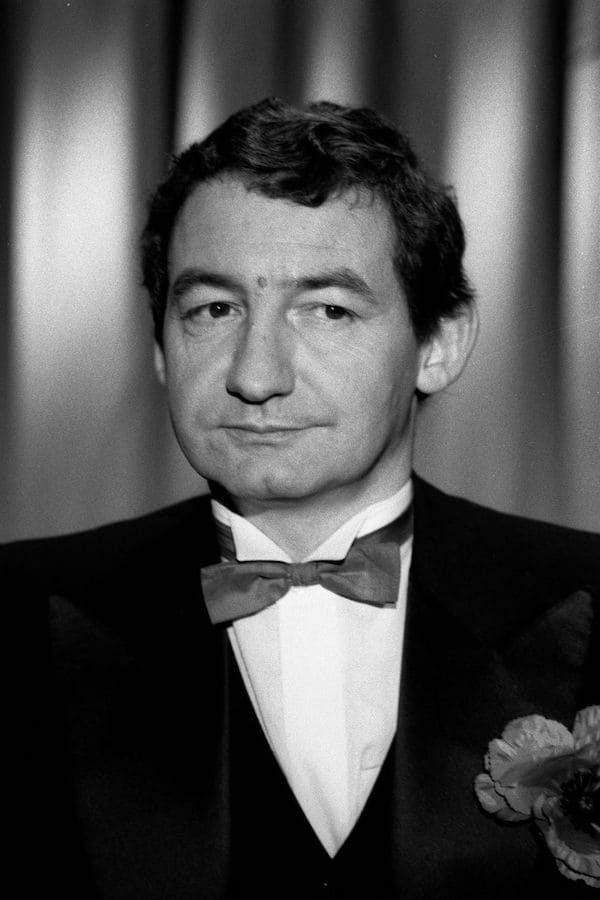
Pierre Desproges
Birthday: Born in 1939-05-09 in Pantin, Seine-Saint-Denis, France
Deathday: 1988-04-18
Pierre Desproges (9 May 1939 – 18 April 1988) was a French humorist. He was born in Pantin, Seine-Saint-Denis. According to himself, he made no significant achievements before the age of 30. From 1967 to 1970, he worked as: life insurance salesman, opinion pool investigator, "lonely hearts" columnist, horse racing forecaster, and sales manager for a styrofoam beam company. From 1970 to 1976, he worked for the newspaper L'Aurore. Starting in 1975, he became a "reporter" on Le petit rapporteur (The Little Snitch), a satirical TV show hosted by Jacques Martin. He caught the public's attention with unconventional interviews of celebrities, among them novelists Françoise Sagan or Jean-Edern Hallier. He appeared for the first time on stage at the Olympia theater during a Thierry Le Luron show. Among other things, he became very famous for his Chroniques de la haine ordinaire (Chronicles of Ordinary Hatred), a 1986 radio show. In the 1980s, he appeared daily on Le tribunal des flagrants délires (a pun on the French term "flagrant délit" meaning red-handed), a comedy show where celebrities were judged in mock-trials. Desproges held the part of the prosecutor for more than two years, a part for which his verve, his scathing humour and his literary erudition were ideally suited. In 1982, he created La minute nécessaire de Monsieur Cyclopède, a series of shorts for TV, where he played an omniscient professor. He answered to metaphysical and nonsensical questions such as "How to make King Louis XVI fireproof?", proved that Beethoven was not deaf but stupid, and explained why the improbable encounter between the Venus de Milo and Saint Exupéry's 'Petit Prince' was a fiasco. Each episode ended with the catchphrase: "Étonnant, non?" ("Astonishing, isn't it?") In 1984, he had his first stand-up show at the Théâtre Fontaine. In 1986, his second stand-up, Pierre Desproges se donne en spectacle was presented at the Théâtre Grévin. He started work on a third stand-up, and the drafts were ultimately published in 2010. In 1987, doctors discovered he had inoperable lung cancer in an advanced stage, and his relatives, in agreement with the doctors, decided to hide the condition from him, so he could spend his final days quietly. He died in 1988, from a disease he had bitterly laughed at time and time again, often saying "I won't have cancer: I'm against it". He is buried in the Père Lachaise Cemetery in Paris. His epitaph reads: "Pierre Desproges est mort d'un cancer, étonnant, non?" ("Pierre Desproges died of cancer, astonishing, isn't it?"). ... Source: Article "Pierre Desproges" from Wikipedia in English, licensed under CC-BY-SA 3.0.
TV Credits
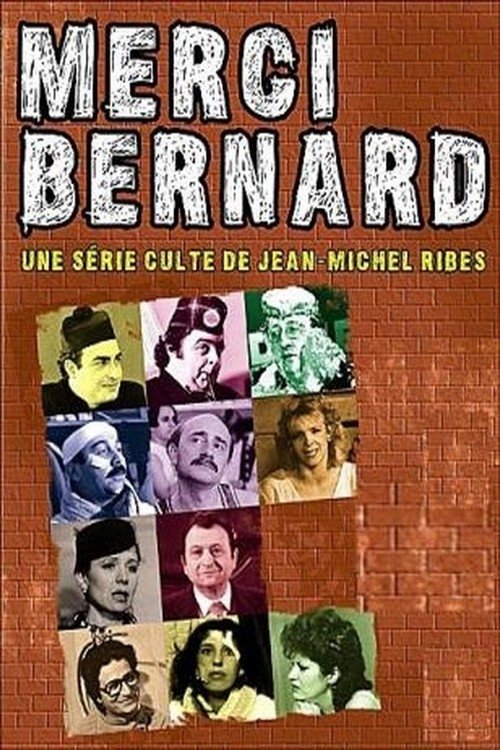
Merci Bernard
Character:
...
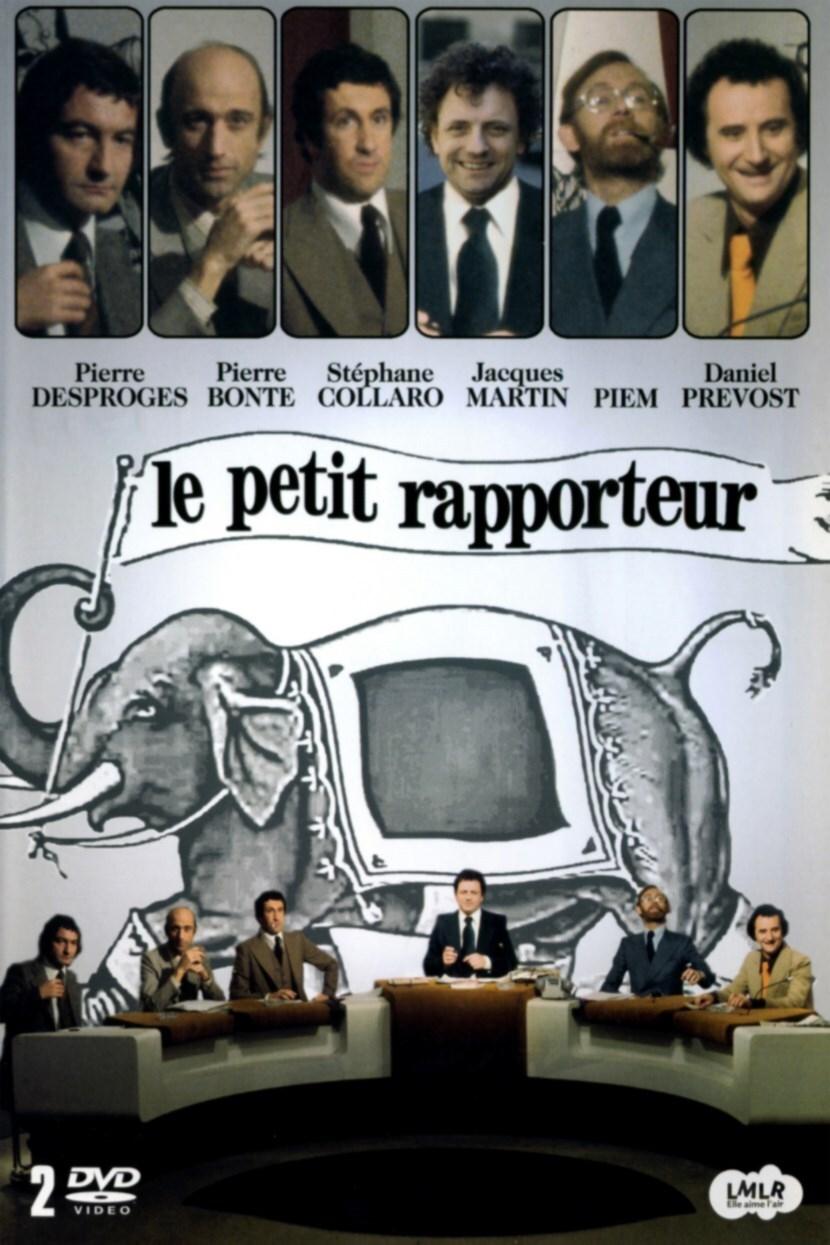
Le Petit Rapporteur
Character: Self - Panelist
...
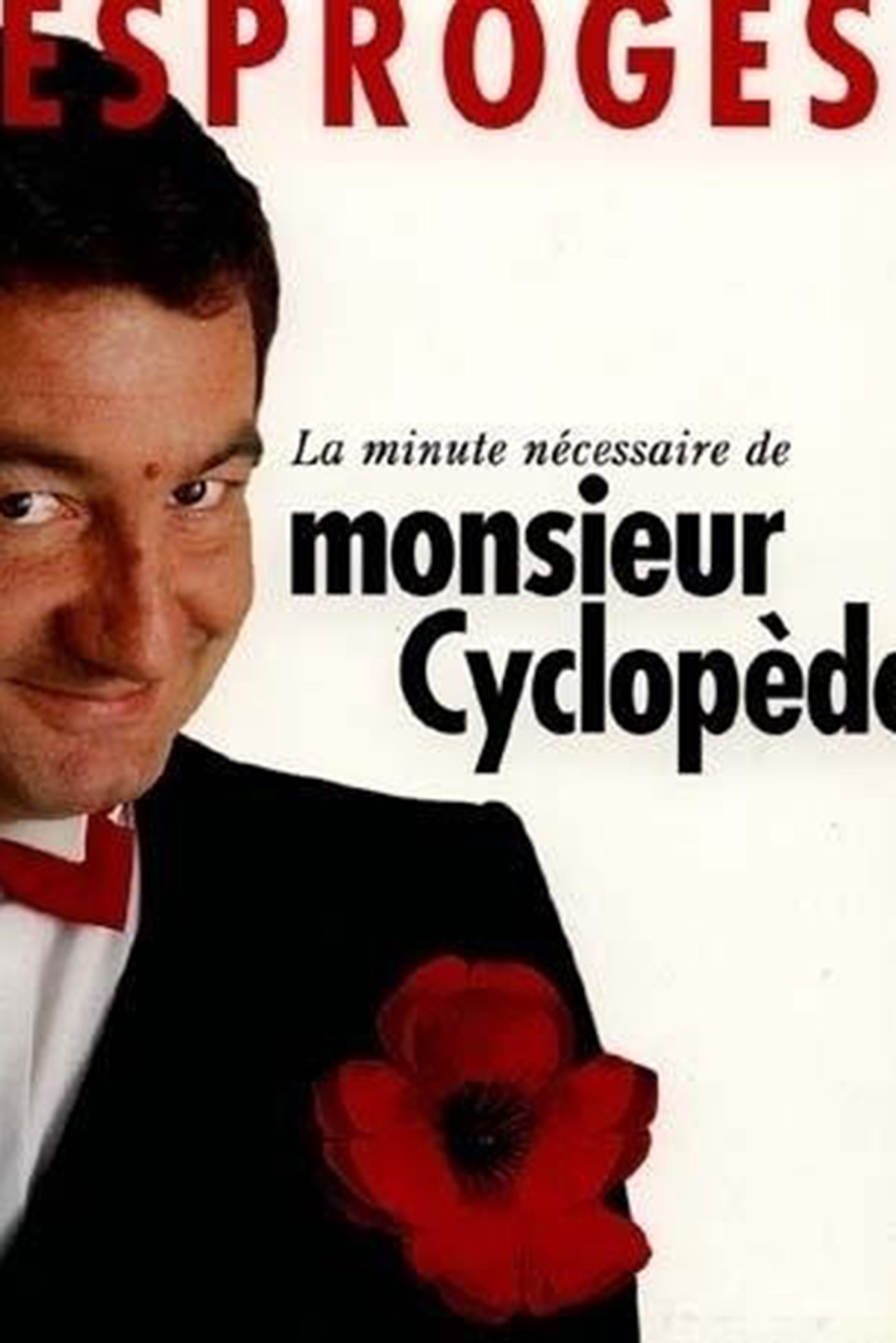
La Minute nécessaire de monsieur Cyclopède
Character: Pierre Desproges
...

Les Rendez-vous du dimanche
Character: Self
A talk show presented by Michel Drucker...
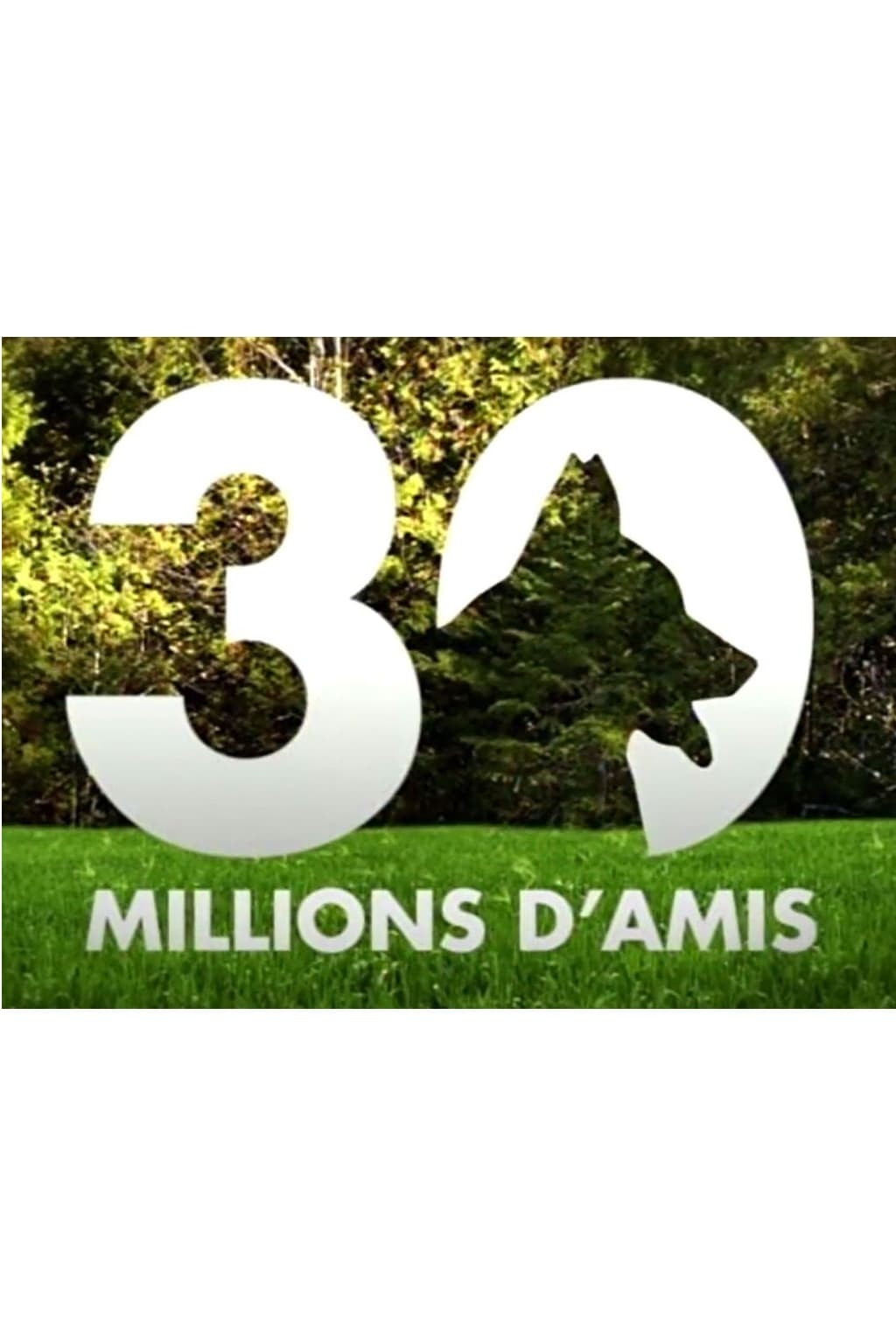
30 millions d'amis
Character: Self
...
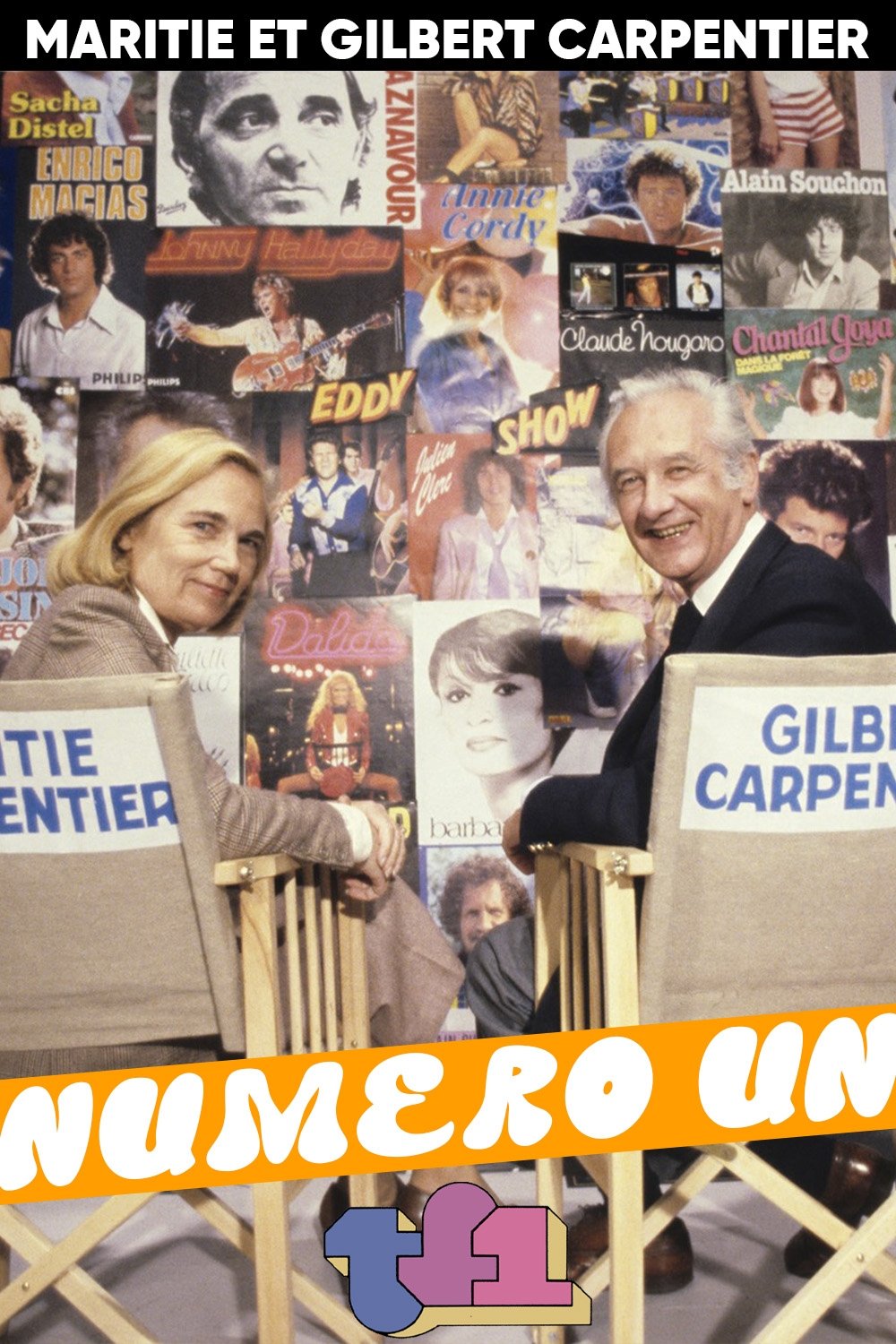
Numéro un
Character: Self
A French variety show....
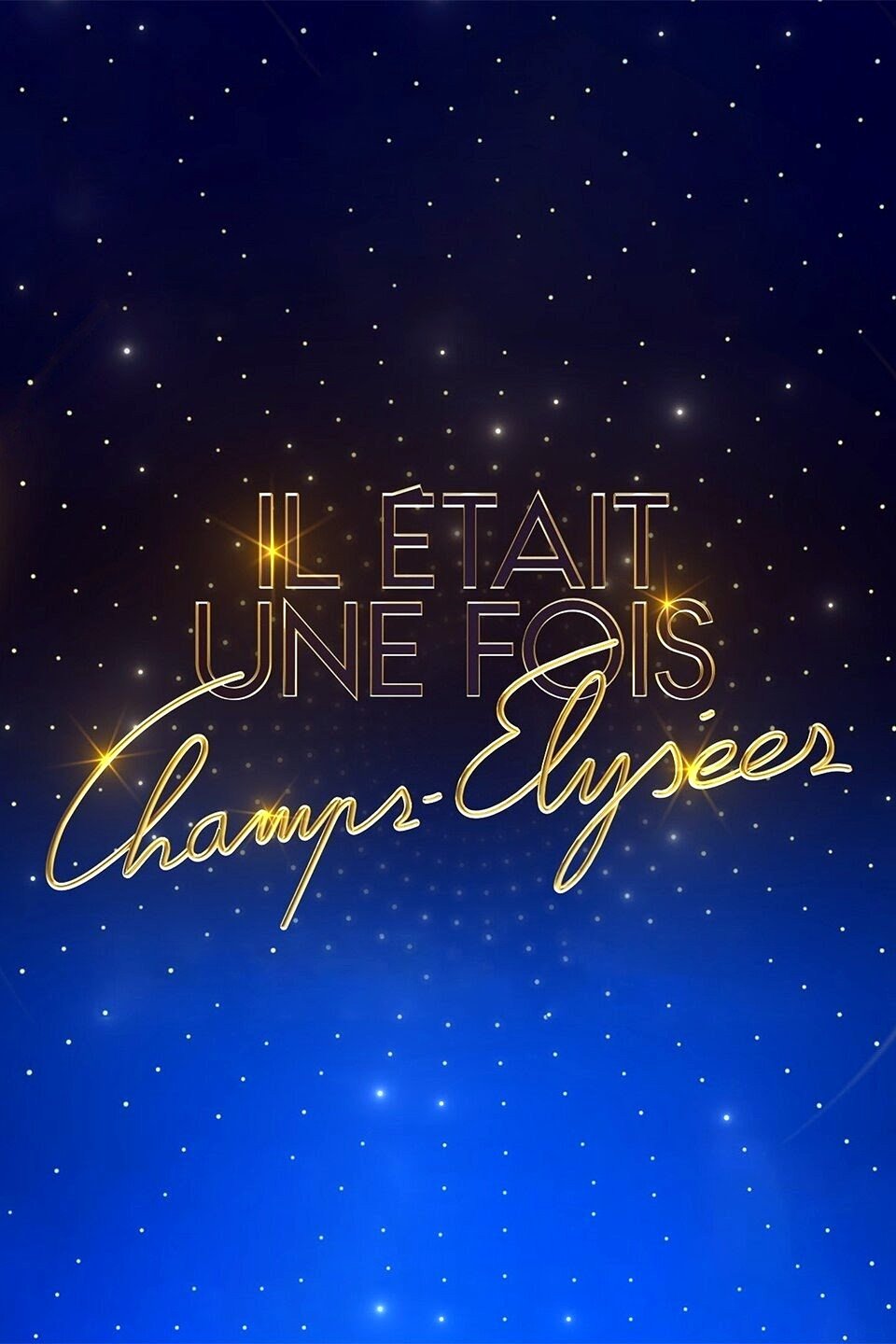
Il était une fois Champs-Élysées
Character: Self (archive footage)
...
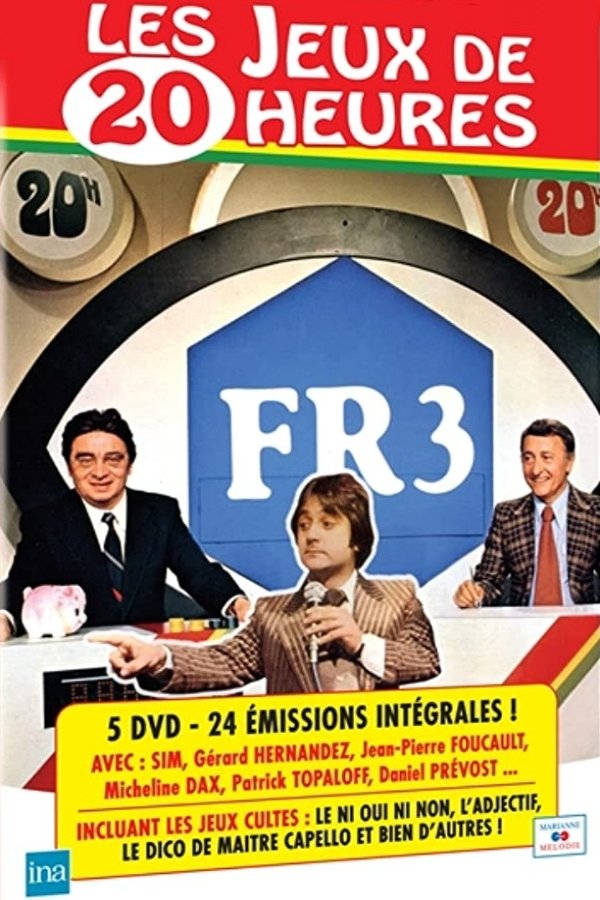
Les Jeux de 20 heures
Character: Self
...

Midi Première
Character: Self
Midi Première is a French variety show presented by Danièle Gilbert, directed by Jacques Pierre and broadcast from January 6, 1975 until January 1, 1982 on TF1. The program was generally broadcast between 12:15 p.m. and 12:55 p.m., then giving way to the 1:00 p.m. TV news. However, the broadcast schedule could change, depending on the guests, and the setting where the recording of the program was shot. Certain performances by artists who have become cult like the one where Ringo jostles with a d...

Apostrophes
Character: Self
Apostrophes was a live, weekly, literary, prime-time, talk show on French television created and hosted by Bernard Pivot. It ran for fifteen years (724 episodes) from January 10, 1975, to June 22, 1990, and was one of the most watched shows on French television (around 6 million regular viewers). It was broadcast on Friday nights on the channel France 2 (which was called "Antenne 2" from 1975 to 1992). The hourlong show was devoted to books, authors and literature. The format varied between one-...

Champs-Elysées
Character: Self
...
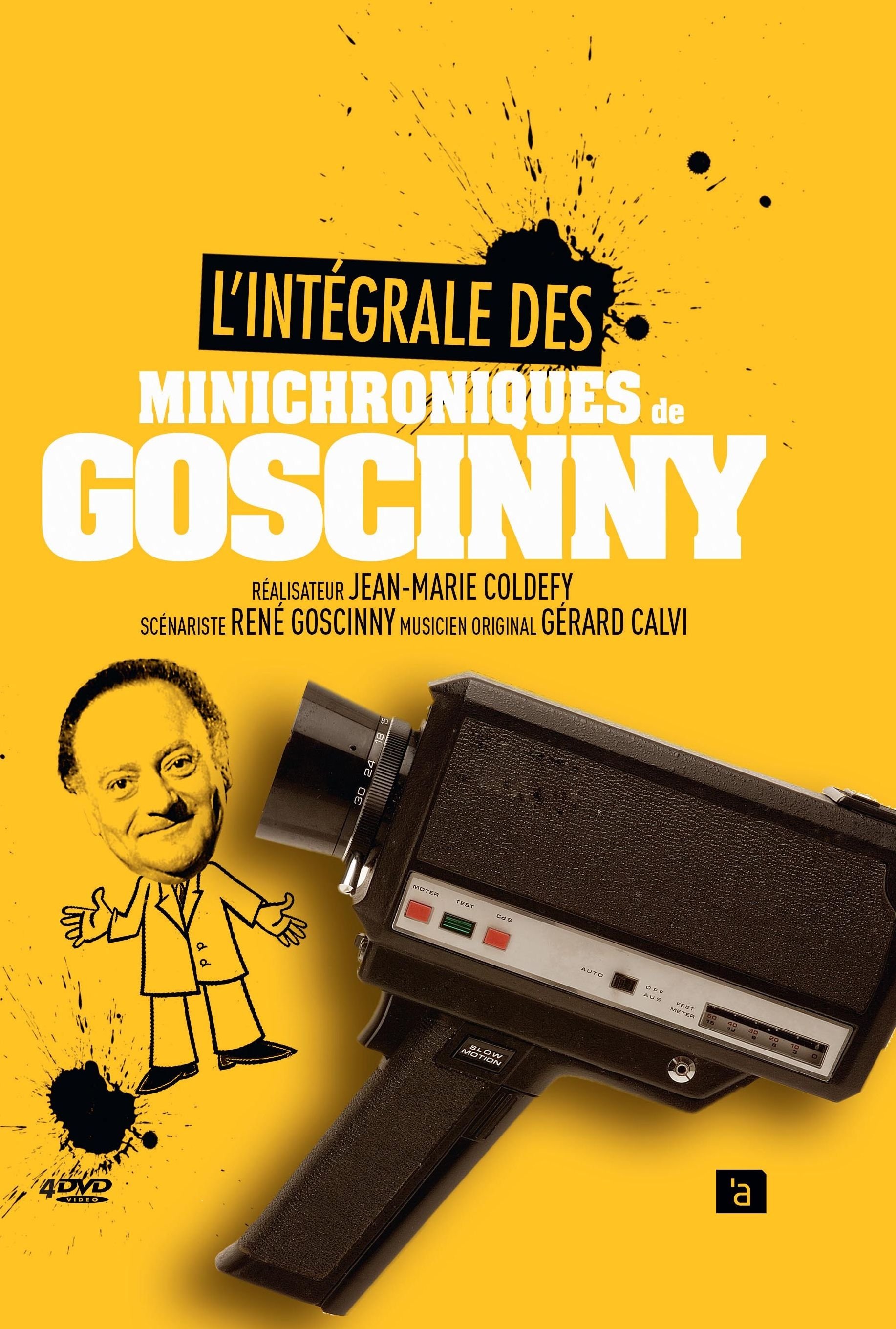
Minichronique
Character: le présentateur
...

Minichronique
Character: Bertin
...

Minichronique
Character: Le prêtre
...
Movie Credits
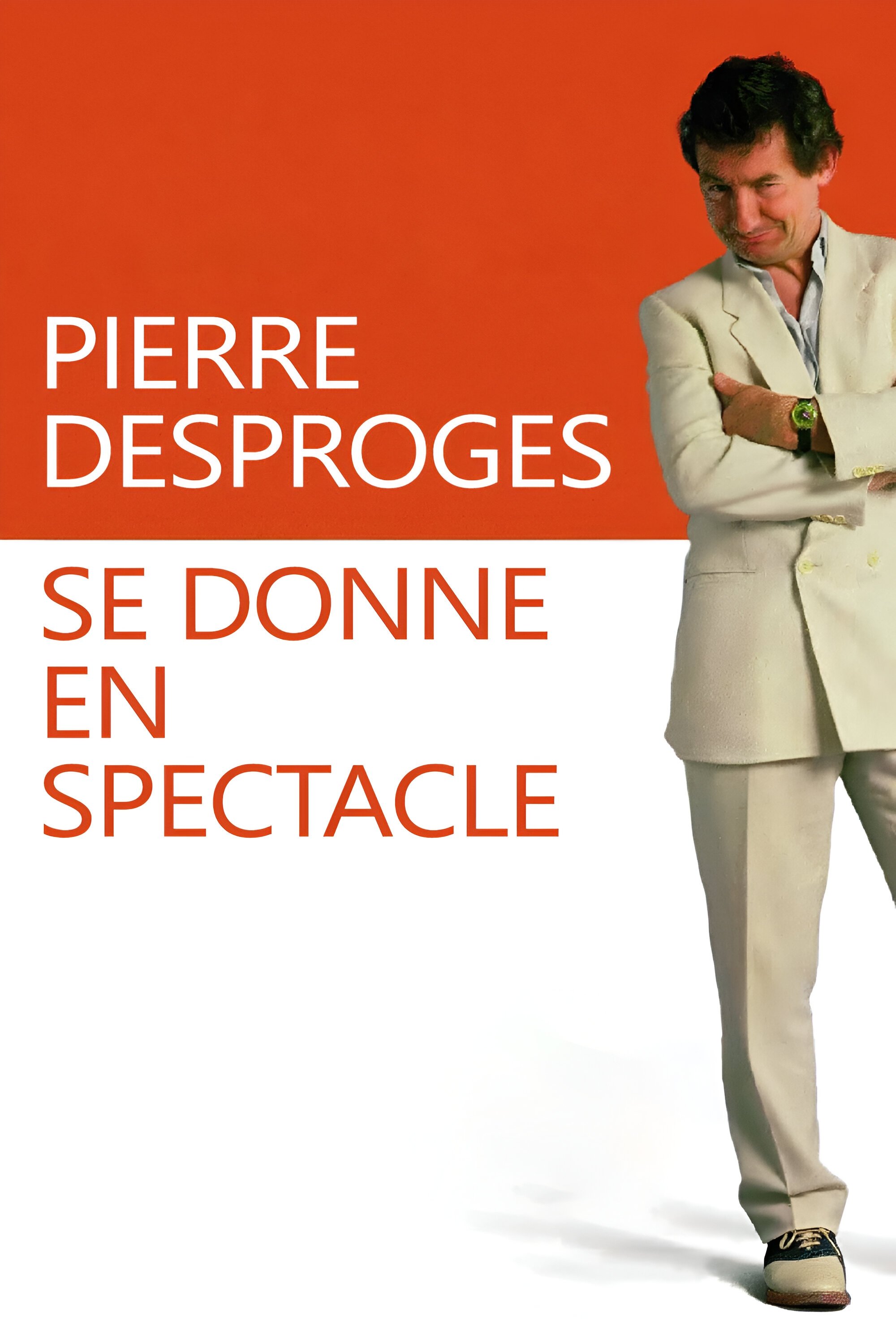
Pierre Desproges au théâtre Grévin
Character: Pierre Desproges
Recorded at the Grévin Sketches Theater: Intro, The psychotic neurotic, The artist released, IQ 130, Keep Sakharov, The stacks, The hangers, The Jews, Rachid, The wonder, The elevator, I want to kill someone , Ondine...
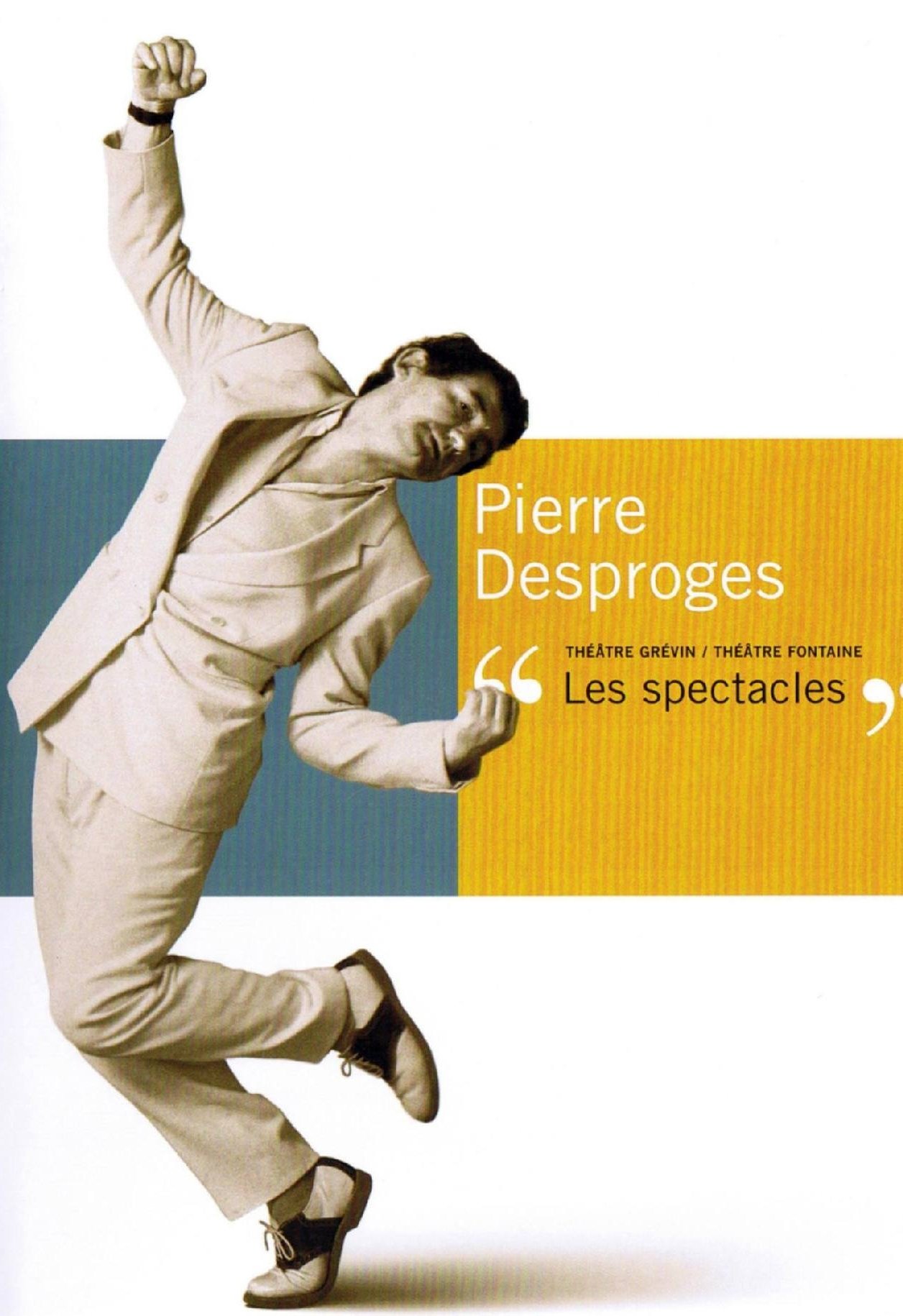
Pierre Desproges au théâtre Fontaine
Character: Pierre Desproges
...
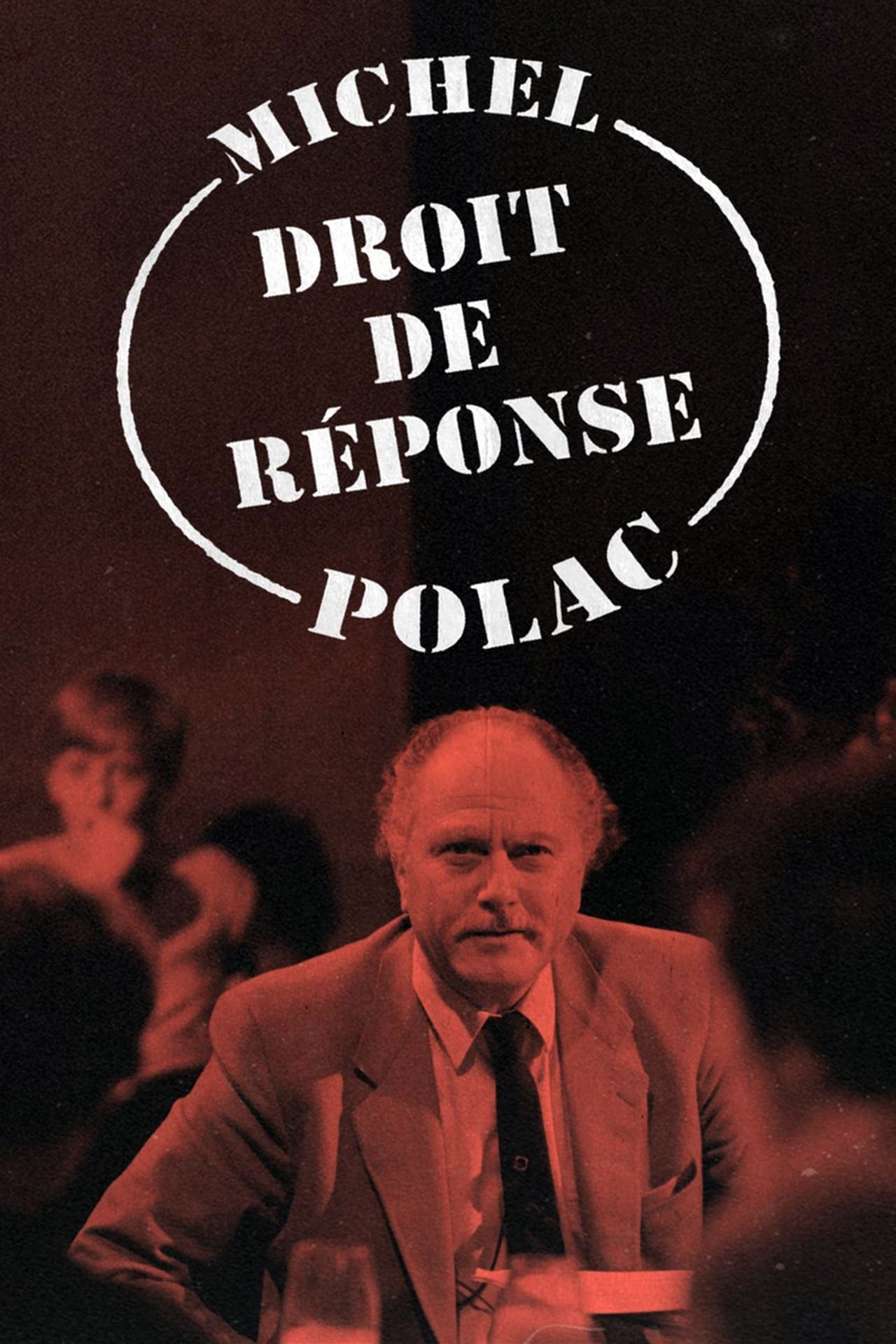
Droit de Réponse
Character: Self
"Droit de Réponse" (Right of Reply) is a French debate program broadcast between December 12, 1981 and September 19, 1987 on the TF1 channel, presented by Michel Polac and produced by Maurice Dugowson. Broadcast live on a weekly basis, on Saturdays from 8.30 p.m., the right of reply has been the source of many controversies, due to the various speakers who have come to present their point of view on the show (which leads to famous scandals , remained in the memory of viewers), but also for the v...
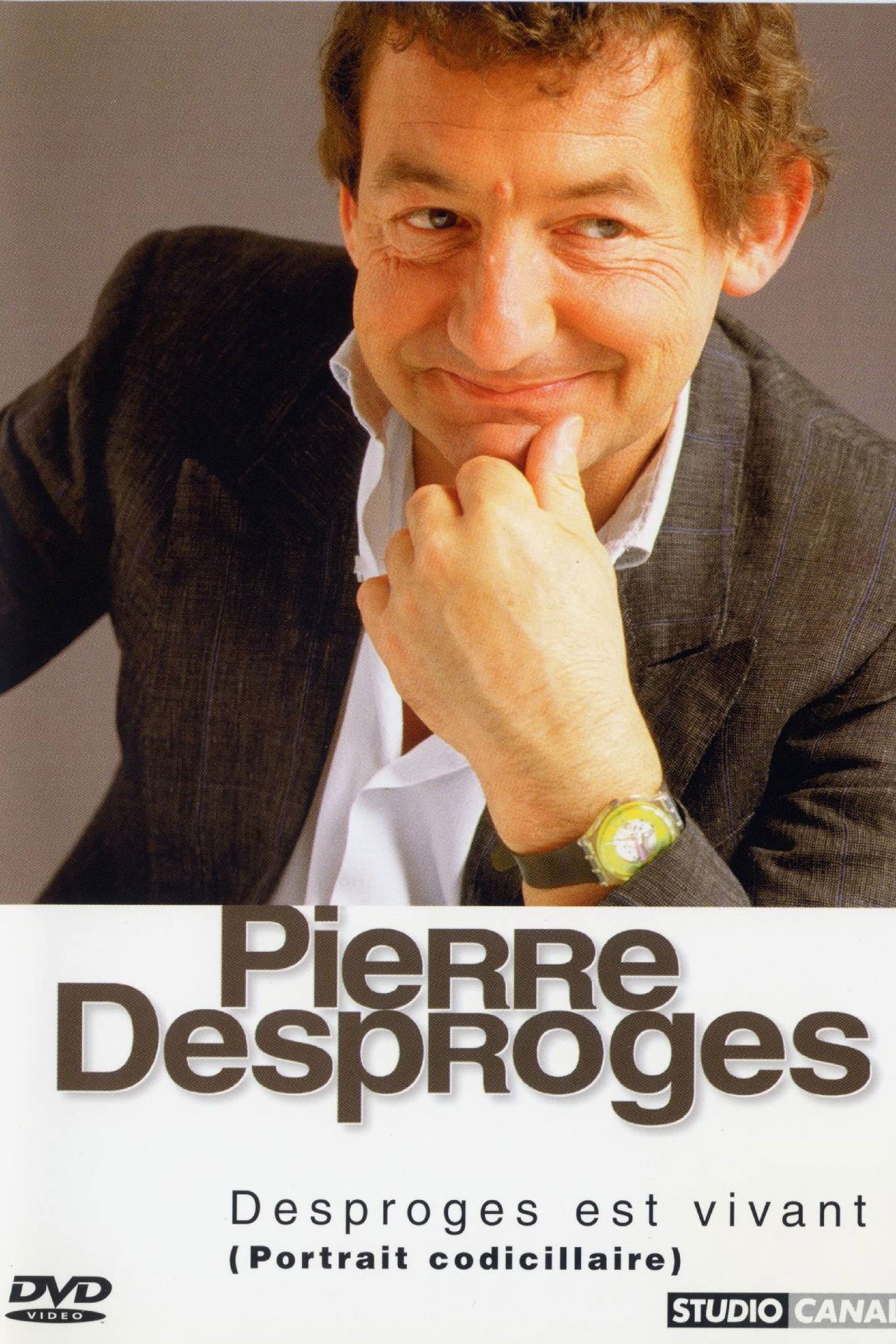
Desproges est vivant
Character:
It is with a semblance of chronology and to the rhythm of Antoine De Caunes' not unpleasant voice-over that we are told the story of this unusual troublemaker, who, with his extraordinary ease of writing, put the competition light years away in the 1980s. A mini-documentary that reminds us, if it were necessary, that intellectual buffoonery died with Pierre Desproges....
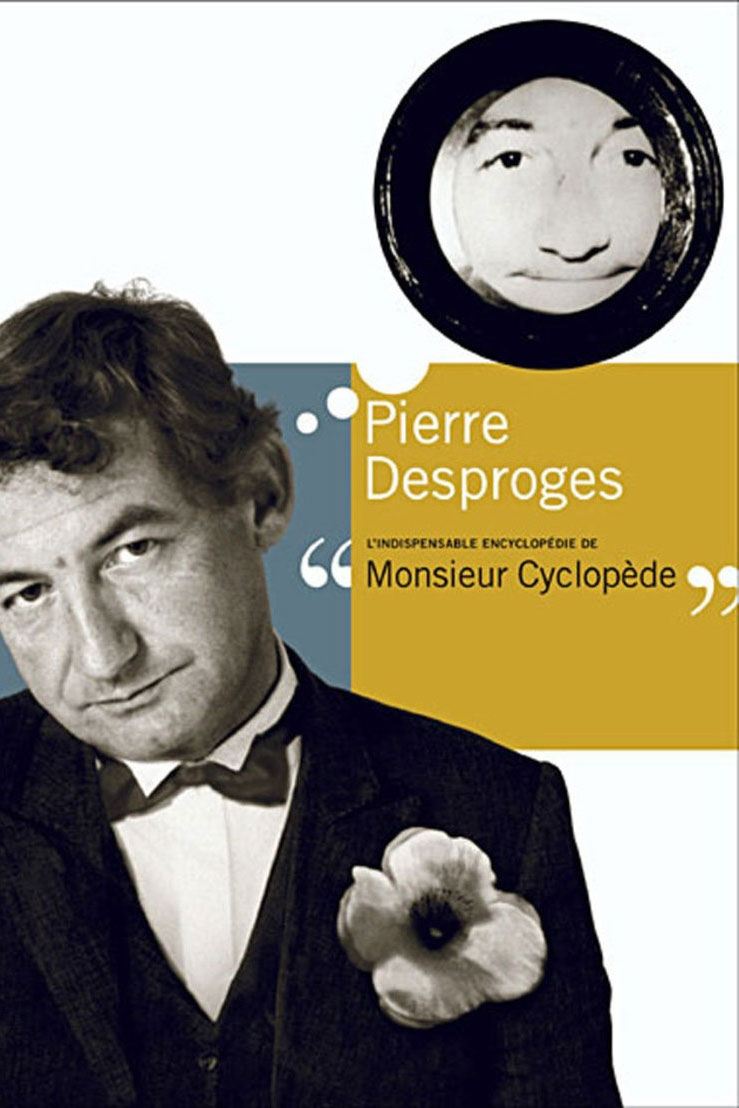
L'indispensable encyclopédie de monsieur Cyclopède
Character:
...
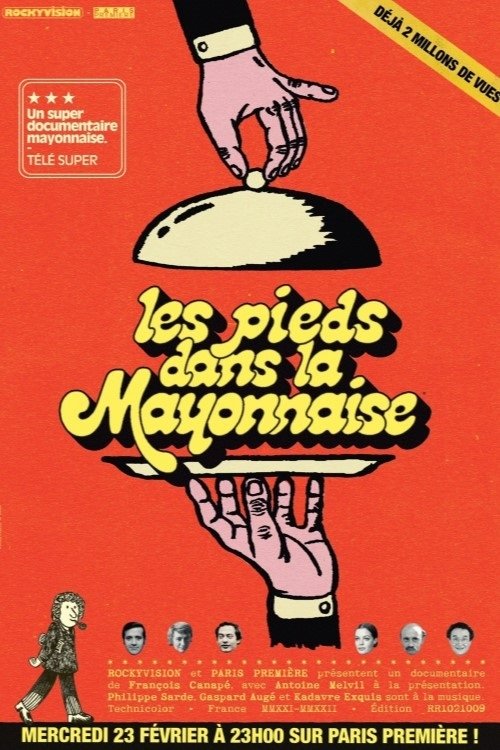
Les Pieds dans la mayonnaise : Les Irrévérencieux des années 70
Character: Self - actor (archive footage)
...
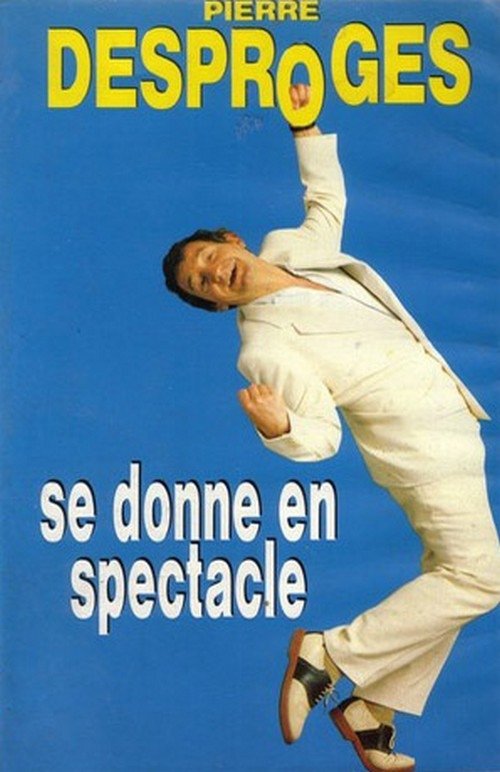
Pierre Desproges se donne en spectacle
Character: Self
...
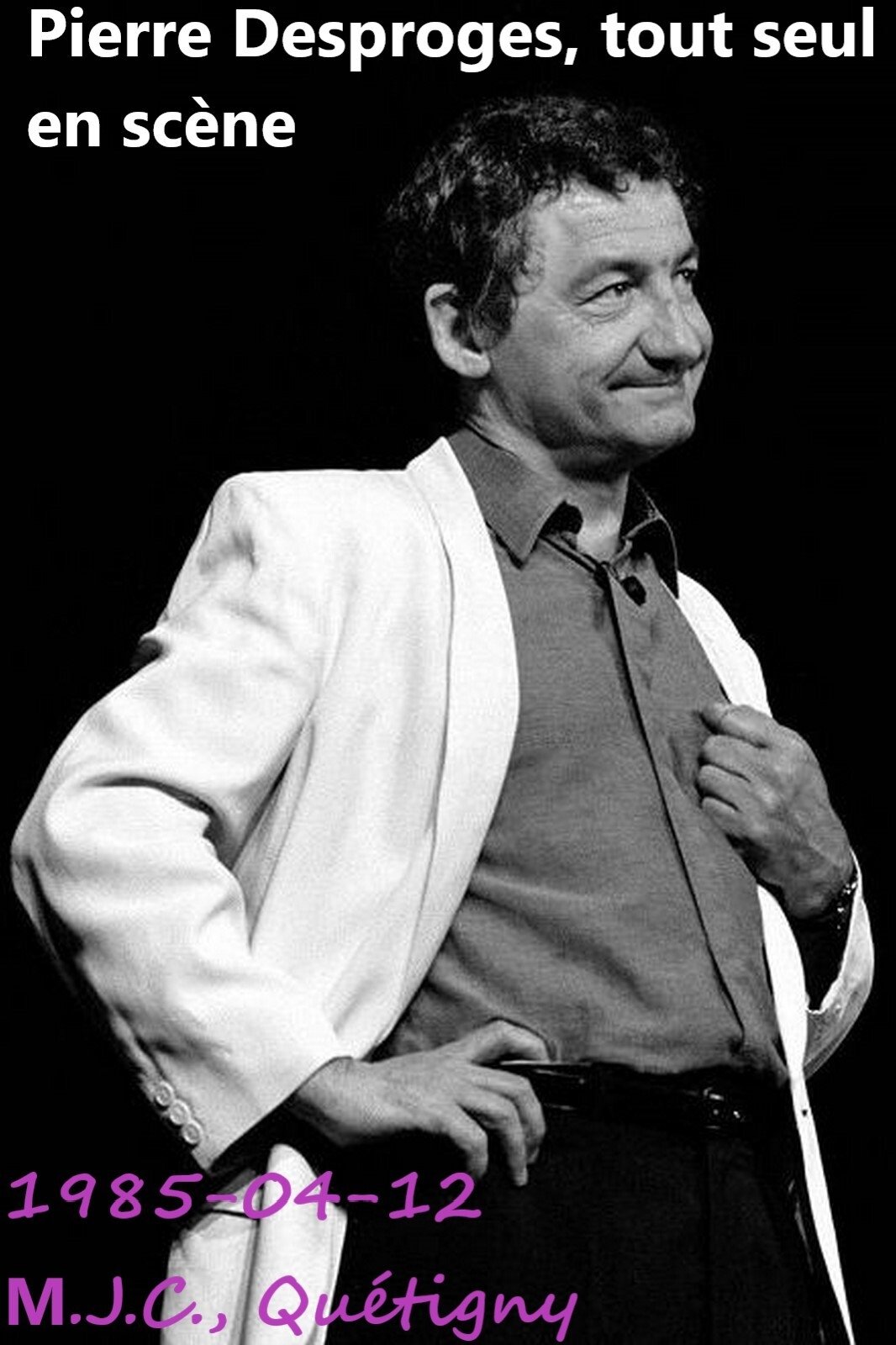
Pierre Desproges - Tout seul en Scène
Character: Pierre Desproges
...

L'Âge d'or de la pub
Character: Self (archive footage)
55 years ago, on October 1 1968, the first brand advertising spot appeared on the French television screen. Over the next three decades, thousands of creative little films would seduce and build our collective memory. Kitschy or cult spots, humor, slogans, music, stars, gimmicks, grand spectacle or sex appeal: during its golden age, how did advertising convince? Thierry Ardisson has brought together almost 400 advertising clips to relive the era of the conquest of minds and wallets....
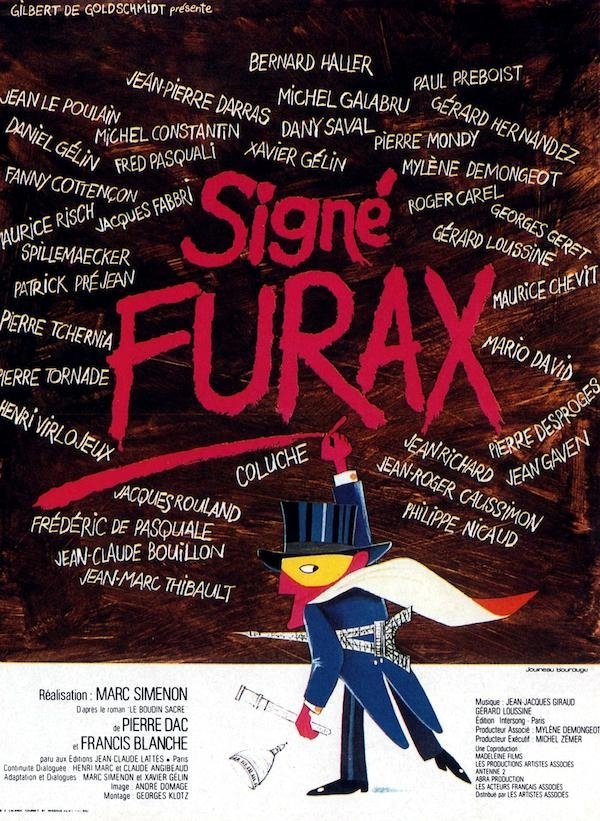
Signé Furax
Character: Le présentateur TV
The notorious and mysterious criminal Furax steals France's famous monuments, replacing them with replicas....
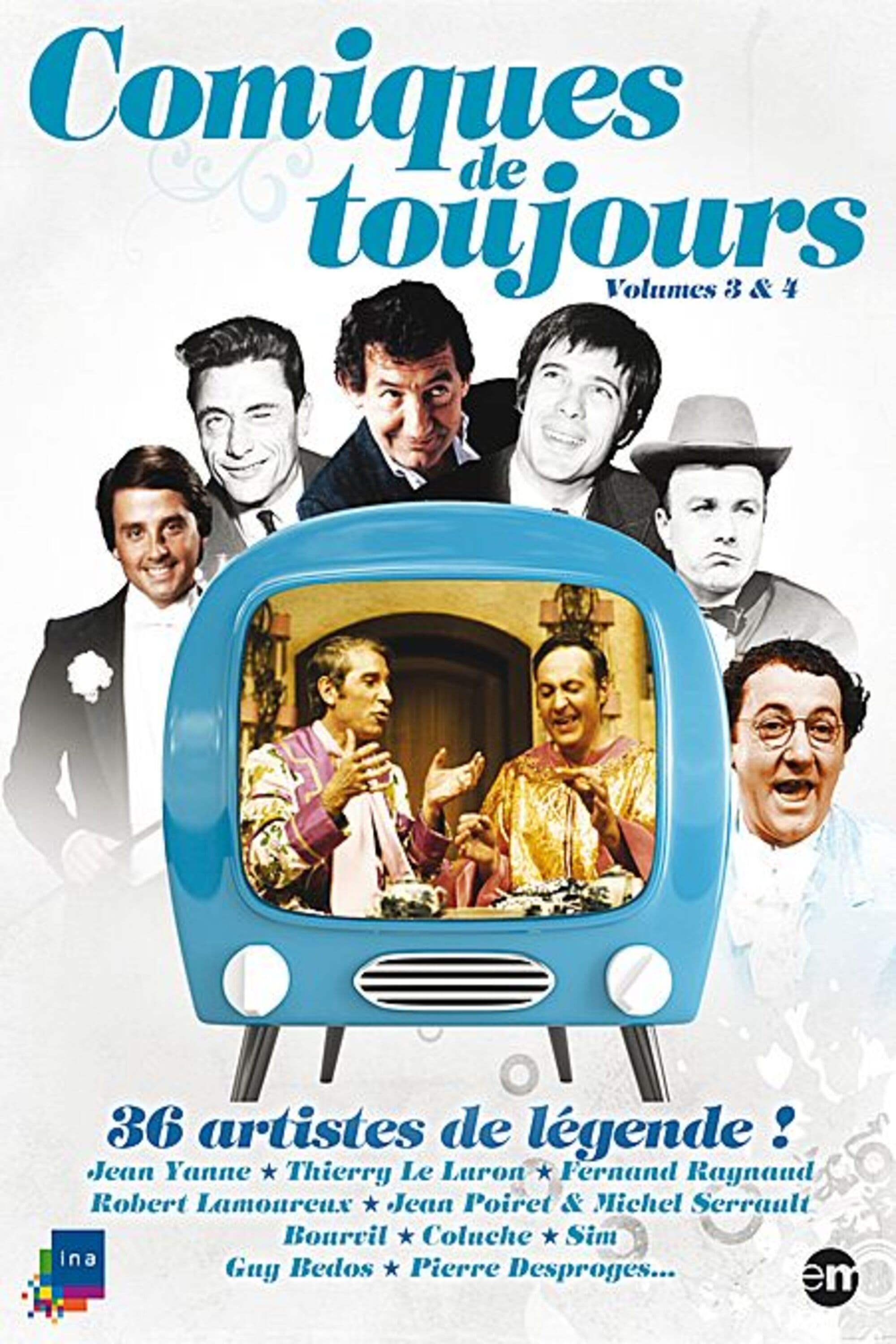
Comiques de toujours (Vol. 3 & 4)
Character: Self (archive footage)
...
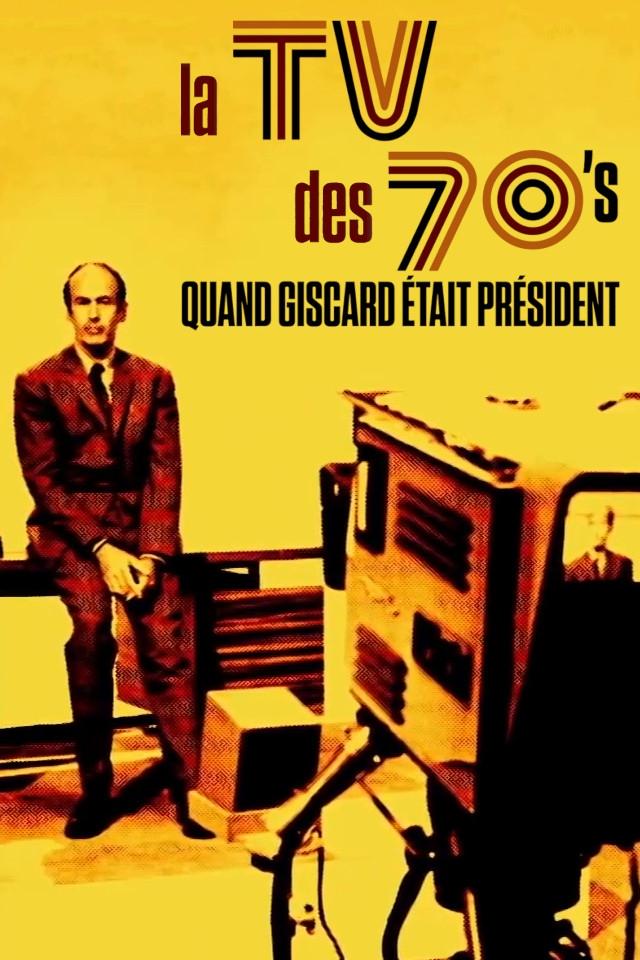
La TV des 70's : Quand Giscard était président
Character: Self (archive footage)
In May 1974, Valéry Giscard d'Estaing became President of the Republic and wanted to bring about a new era of modernity. One of his first decisions was to break up the ORTF with the creation of three new television channels: TF1, Antenne 2 and FR3. Three new public channels but autonomous and competing. It is a race for the audience which is engaged then, and from now on the channels will make the war! This competition will give birth to a real golden age for television programs, with variety sh...
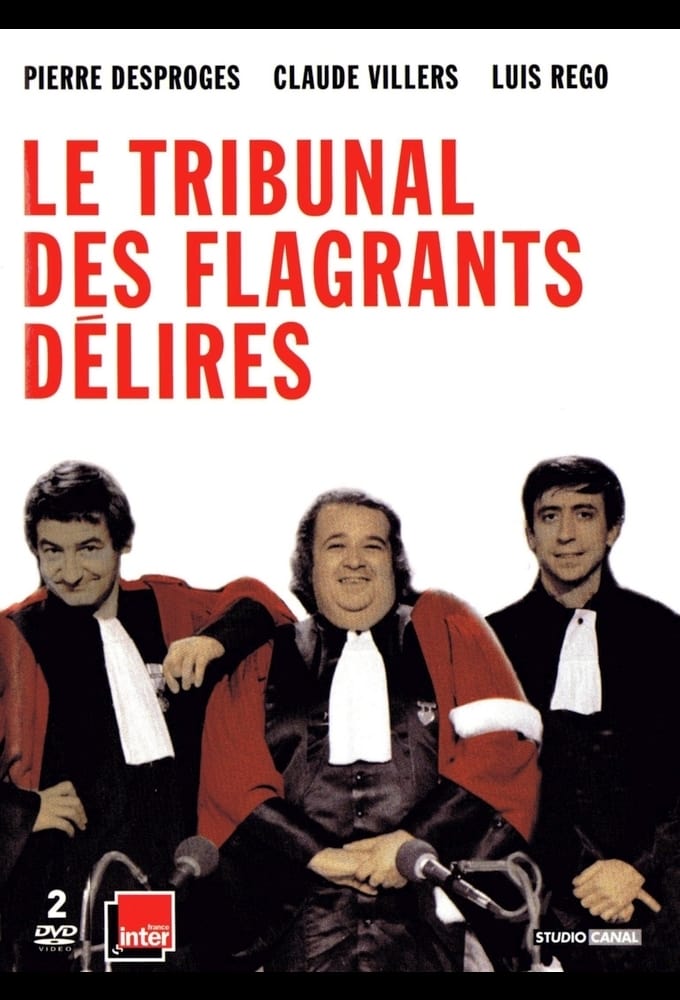
Le Tribunal Des Flagrants Délires
Character: Le procureur
Le Tribunal des flagrants délires was a comedy show where celebrities were judged in mock-trials. Desproges held the part of the prosecutor for more than two years, a part for which his verve, his scathing humour and his literary erudition were ideally suited....

Procès de Jean Carmet
Character: Le procureur
...
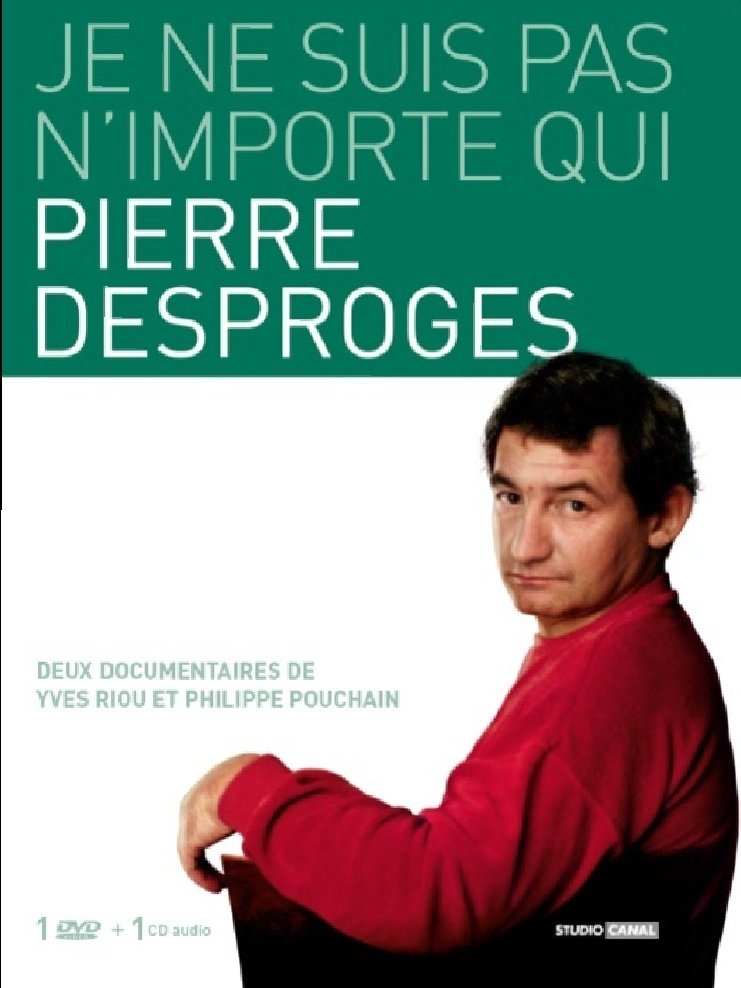
Pierre Desproges: Je ne suis pas n'importe qui...
Character: Pierre Desproges
...
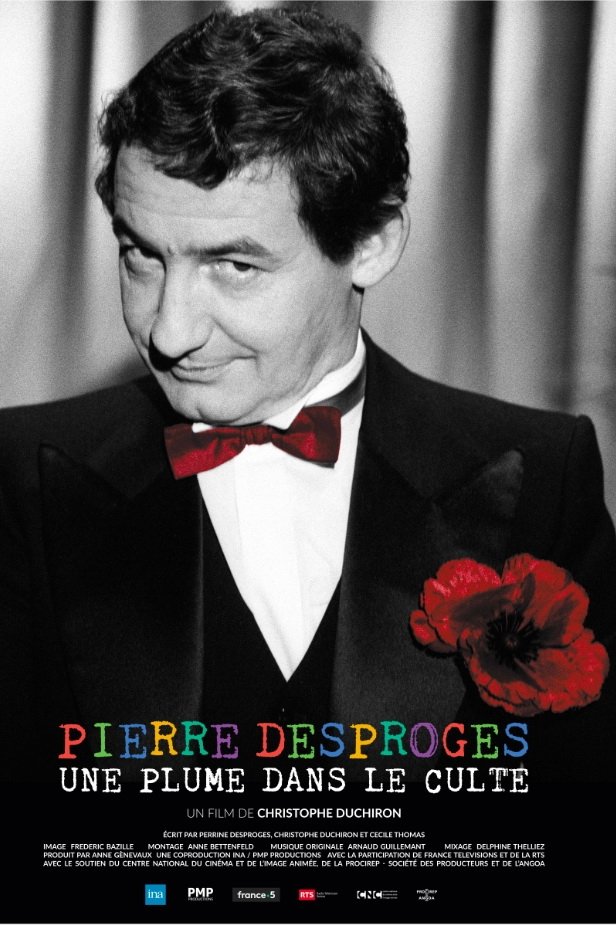
Pierre Desproges, une plume dans le culte
Character: Pierre Desproges
...
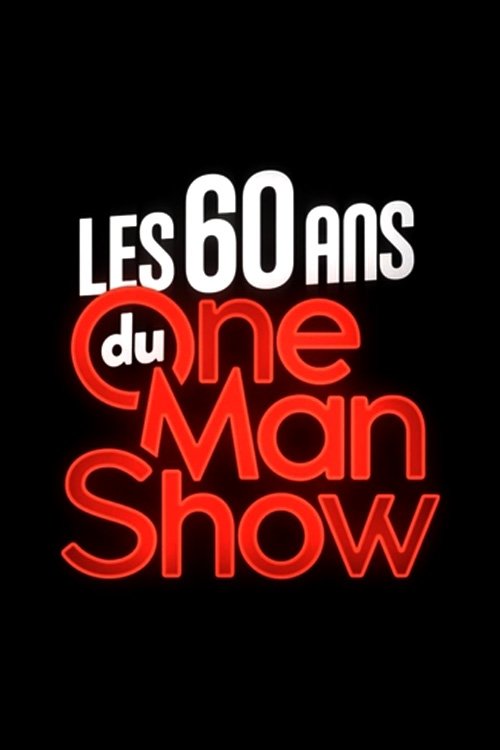
Les 60 ans du one-man-show
Character: Self (archive footage)
...
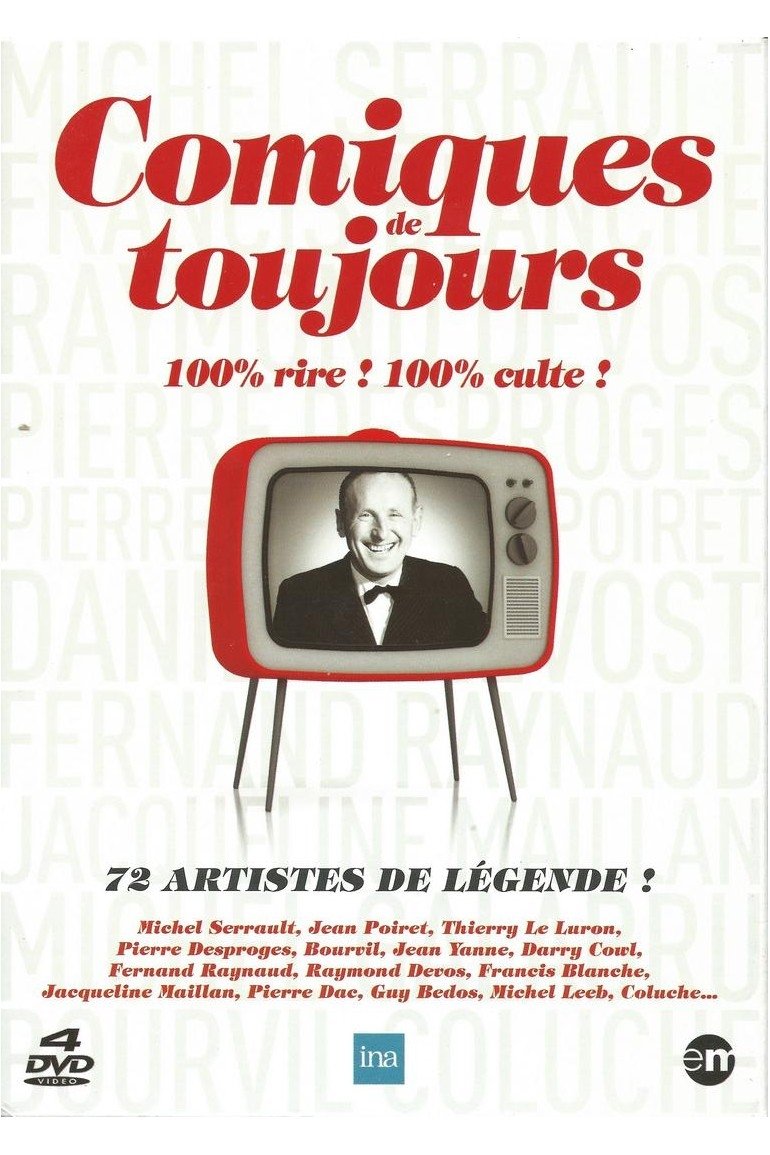
Comiques de toujours (Vol. 1 à 4)
Character: Self (archive footage)
...
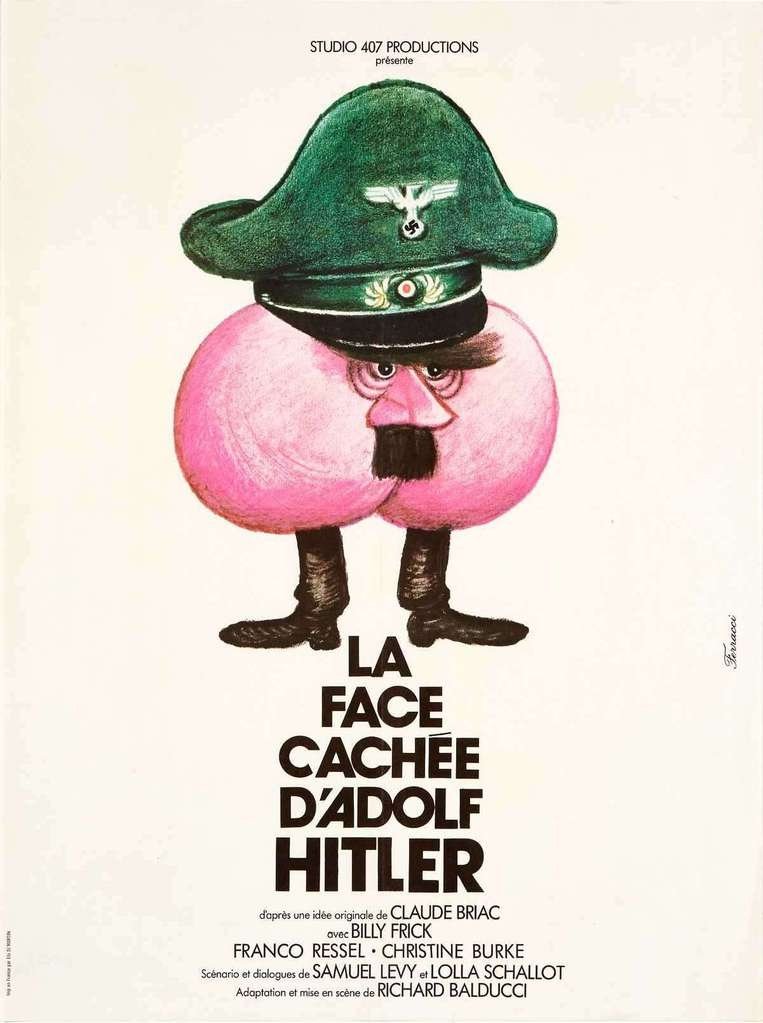
Nazis dans le rétro
Character: Albert Hitler
...